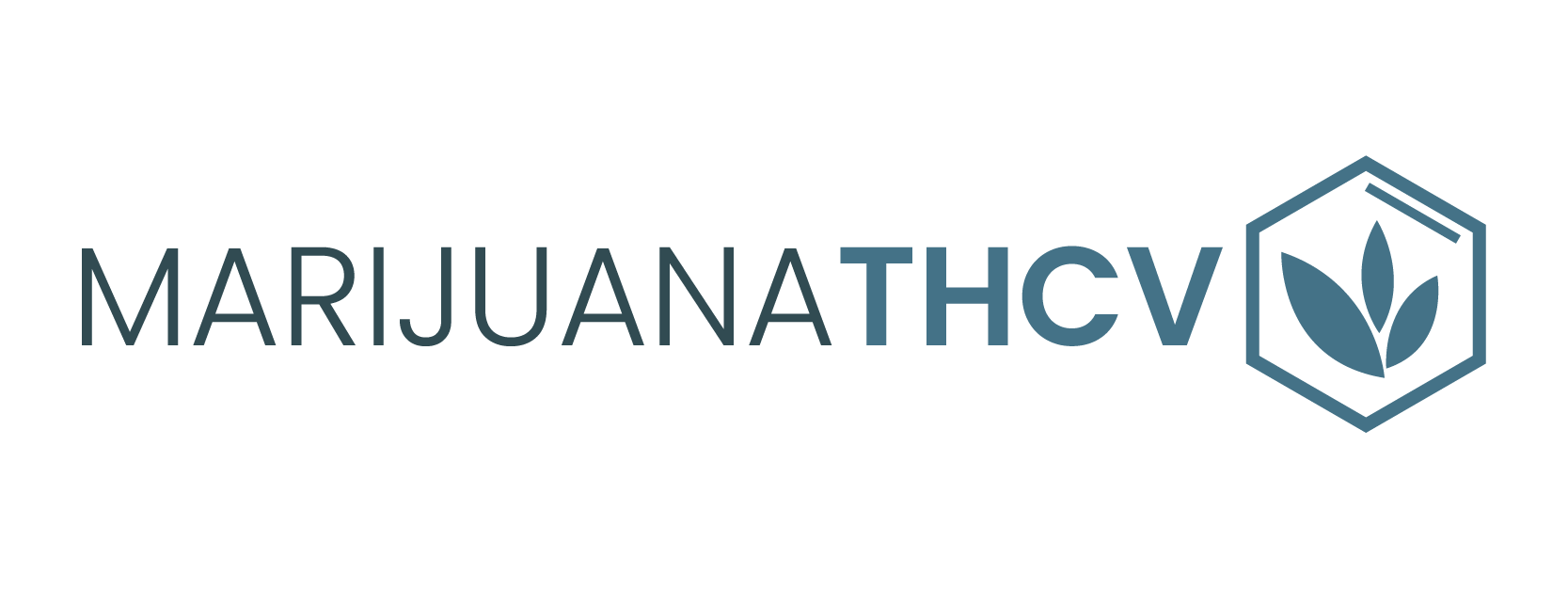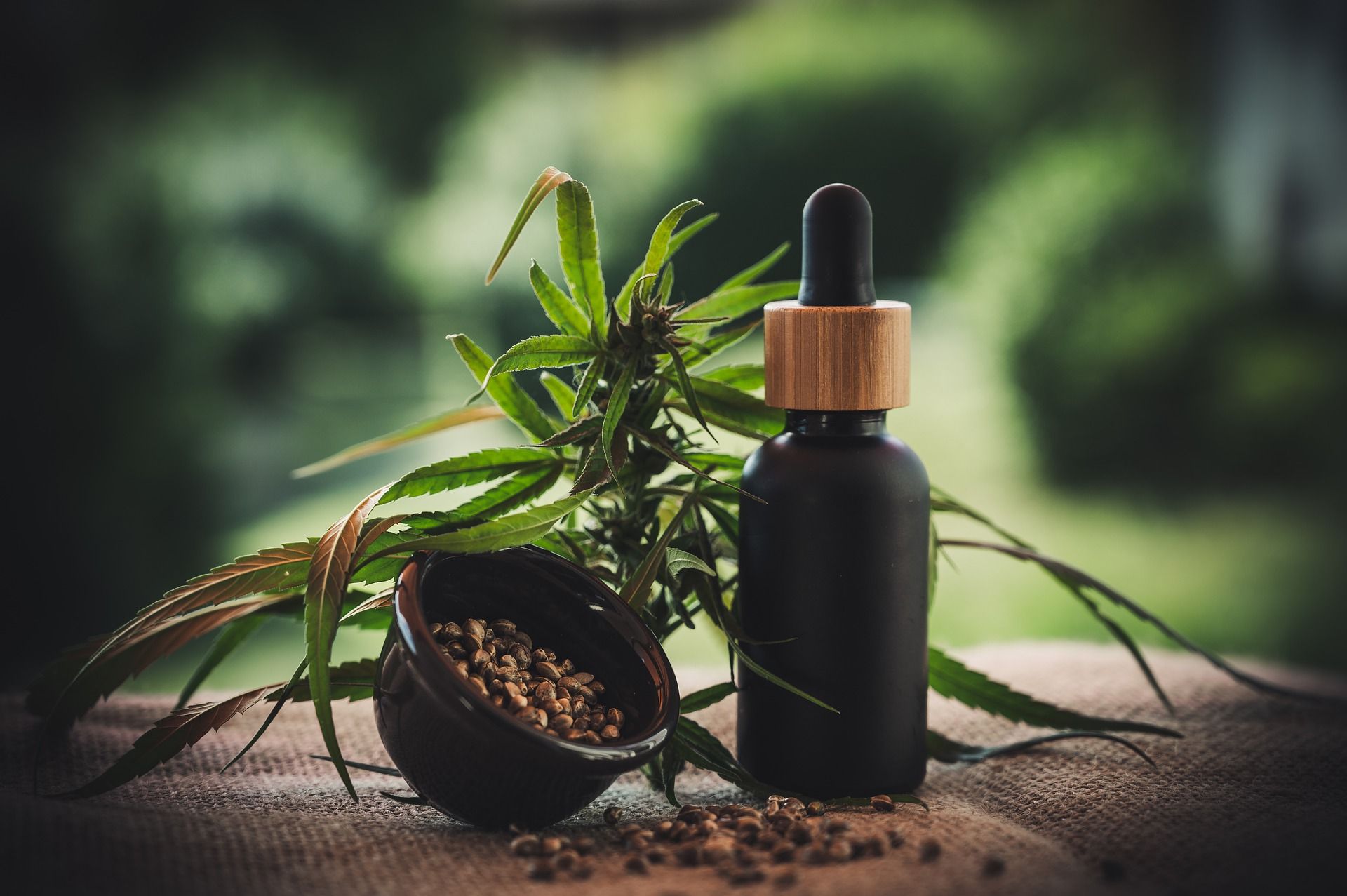The concept of microdosing has moved from niche communities into mainstream discussion. Once associated primarily with psychedelics, it is now being explored with cannabinoids such as tetrahydrocannabivarin (THCV). Known for its rarity in the cannabis plant and its unusual effects on cannabinoid receptors, THCV is gaining attention as a potential tool for focus and performance. But does microdosing it actually work for productivity?
Understanding THCV
THCV is chemically similar to tetrahydrocannabinol (THC) but interacts with the body differently. It has been identified in certain landrace sativa strains, particularly those from Africa. Unlike THC, which activates the CB1 receptor, THCV behaves in a more complex way: at low doses it acts as a CB1 antagonist, potentially dampening THC-like effects, while at higher doses it can partially activate CB1. This dual action creates a scientific basis for why its impact might depend heavily on dosage.
What the Science Shows
Research into THCV is still relatively new. Preclinical studies have pointed to roles in energy metabolism and brain signaling, while human studies have started to examine its effects on neural networks. For example, a 2015 study in Neuropsychopharmacology reported that THCV modified connectivity in brain regions linked to self-control and decision-making. Another set of findings in animal models has looked at its potential influence on reward processing. While none of these studies make claims about productivity, they suggest that THCV may interact with systems relevant to attention and motivation.
Microdosing in Practice
Microdosing refers to taking very small, sub-perceptual doses of a compound. The idea is not to feel intoxicated but to experience subtle enhancements in mood or focus. Applied to THCV, microdosing may in theory leverage its receptor-blocking effects at low levels, which could differentiate it from THC’s more sedating or distracting influence. Anecdotally, some consumers report that THCV feels energizing or clear, but these accounts remain personal experiences rather than established fact.
Productivity and Its Measures
For most people, productivity is about maintaining concentration, staying organized, and working efficiently. Whether THCV microdosing can directly support these outcomes remains unproven. Early research provides interesting clues, but controlled studies specifically focused on daily productivity are lacking. As a result, current understanding blends preliminary science with anecdotal reports, leaving the true effects of THCV microdosing an open question.
Conclusion
Microdosing with THCV sits at the intersection of cannabinoid research and performance culture. Its unusual interaction with the endocannabinoid system makes it scientifically intriguing, and early studies show it may affect brain regions tied to self-regulation. Yet, whether this translates into real-world productivity benefits is still unclear. Until more research emerges, the practice remains an experiment—one supported by curiosity and early evidence, but not yet by definitive science.

